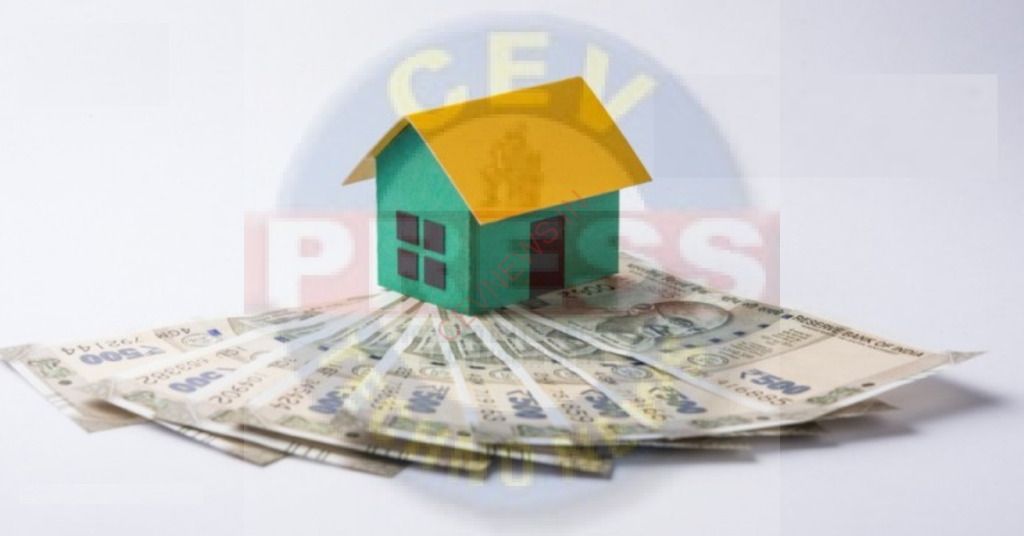REVERSIONARY VALUE OF LAND
The value of the property at the expiration of a certain time period. Example: A lease will expire in 30 years. The landlord estimates that the reversionary value of the property will be Rs. 60,000; that is, the property can be sold in 30 years for Rs. 60,000.
Reversion Period means the period beginning with the “REIT Option Event” or, in the event of a transfer of the Option to a Permitted Transferee, the giving of notice pursuant to Section 33.06(b), and ending on the last day a “Reversion Event” can no longer occur.
A lease that takes effect when an existing lease has expired. However, the expression “reversionary lease” is also used to mean any lease where possession is delayed to a future date.
The reversionary value is estimated based on the current value and anticipated inflation. A component for property taxes must be included in the capitalization rate. The capitalization rate is based on the 12% Yield rate plus the Sinking Fund Factor (for the six year Holding Period) plus the 1% Effective Tax Rate.
A reversion in property law is a future interest that is retained by the grantor after the conveyance of an estate of a lesser quantum that he has (such as the owner of a fee simple granting a life estate or a leasehold estate). The testator may retain the reversion in the estate or give it to another individual.
The term “reversionary lease” is sometimes used to describe a lease where possession of the property is delayed (i.e. the term does not commence until sometime after the grant) but more properly the term is used to describe a lease whose term only takes effect when an existing lease of the demised property expires.


